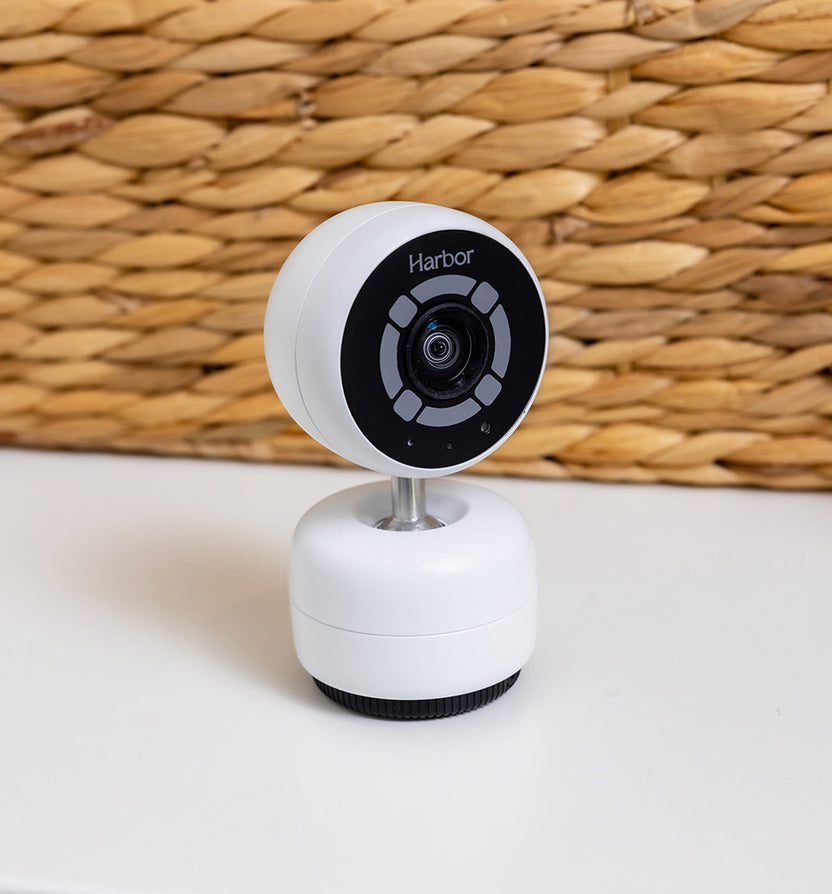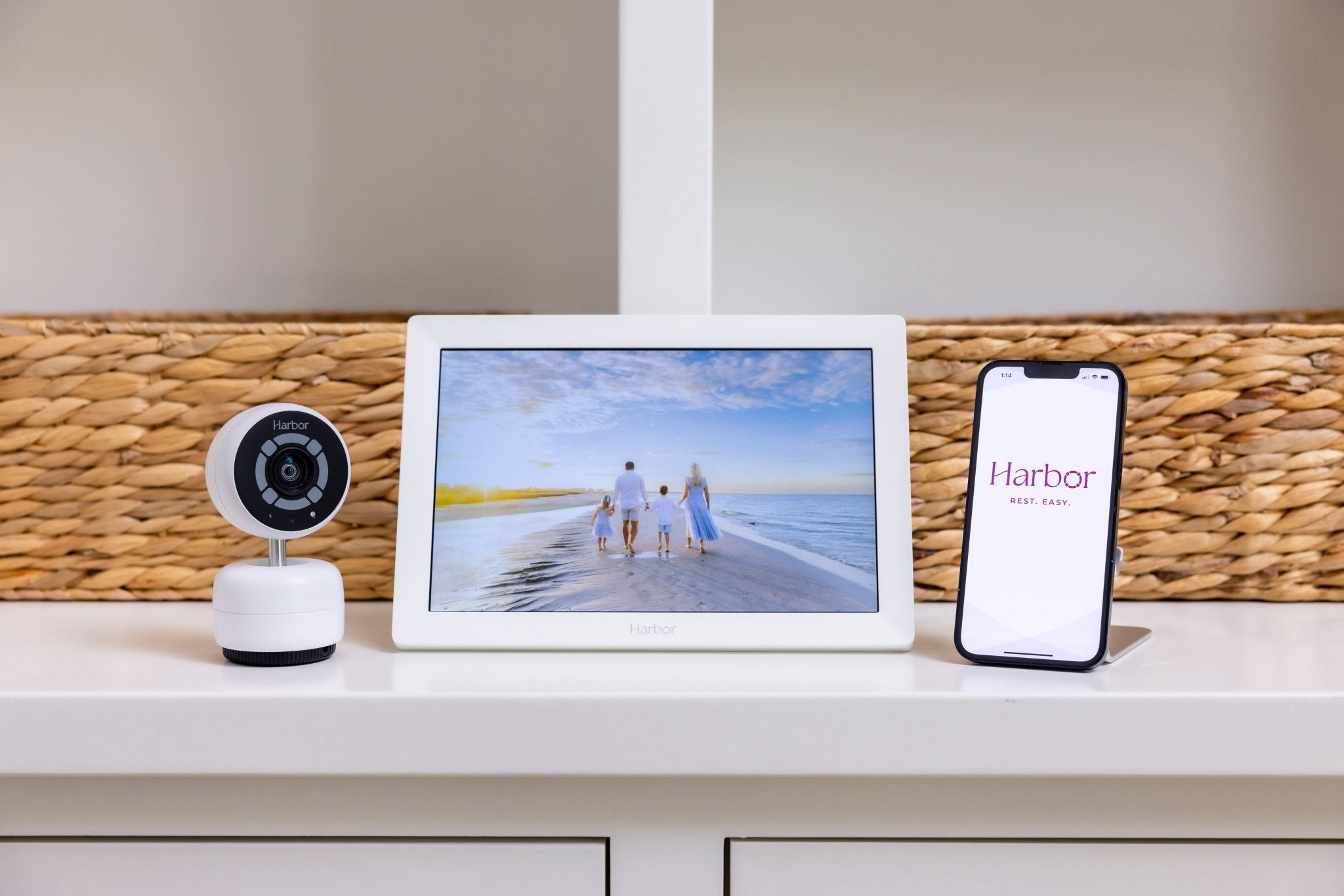
Your baby’s first year is a whirlwind of developmental milestones, joyful moments, and inevitable uncertainties. For many parents, especially first-timers, it can be difficult to know when to seek medical help versus when to wait and observe. At Harbor, we believe in empowering parents with knowledge and confidence. This comprehensive guide, developed in alignment with recommendations from the American Academy of Pediatrics (AAP) and CDC.gov, outlines when to call the doctor during your baby's first year.
General Guidance: Trust Your Instincts
As a parent, you are the most attuned to your baby’s behaviors, rhythms, and cries. If something feels off, it’s always okay to contact your pediatrician. Even if it turns out to be nothing urgent, you are never wrong for advocating for your child.
1. Newborn Stage (0-2 Months)
During this critical stage, newborns are especially vulnerable to infections and complications. Any signs of illness should be taken seriously.

2. Young Infants (2-6 Months)
As babies grow, their immune systems become a bit stronger, but they are still at risk. Vaccination schedules are especially important during this time.

3. Older Infants (6-12 Months)
By this stage, babies become mobile, interact more with their surroundings, and start to explore solid foods.

Developmental Concerns: What to Watch For
Monitoring your baby’s developmental milestones is just as important as checking for physical illness. If your baby misses several milestones or regresses in behavior, it’s worth bringing up with your pediatrician. Be sure to check our developmental guides for 3 months, 6 months, and 9 months.

Emergencies: Don’t Wait

Keeping Track: What to Monitor at Home
Pro Tips from Pediatricians
-
Don’t Google First: While online resources can help, nothing replaces a call to your pediatrician for personalized guidance.
-
Write It Down: Keeping a log of symptoms or behaviors can help during appointments.
-
Stay Current on Vaccines: The CDC-recommended schedule is designed to protect your baby from serious illness.
-
Use Telehealth When Appropriate: Many pediatricians offer virtual consults for non-urgent issues.
-
Keep Emergency Numbers Handy: Save your pediatrician’s number, Poison Control, and local ER info in your phone. Grab our free Emergency Contact List.
Conclusion: Your Partner in Baby’s Health
The first year of your baby’s life is a journey filled with learning, love, and the occasional worry. While many concerns will turn out to be minor, knowing when to call the doctor gives you peace of mind and ensures your baby receives the right care at the right time. At Harbor, we’re here to help you every step of the way. If you’re unsure, trust your instincts, lean on your care team, and never hesitate to reach out.
Resources:
Your baby deserves a healthy start. You deserve a trusted source.





